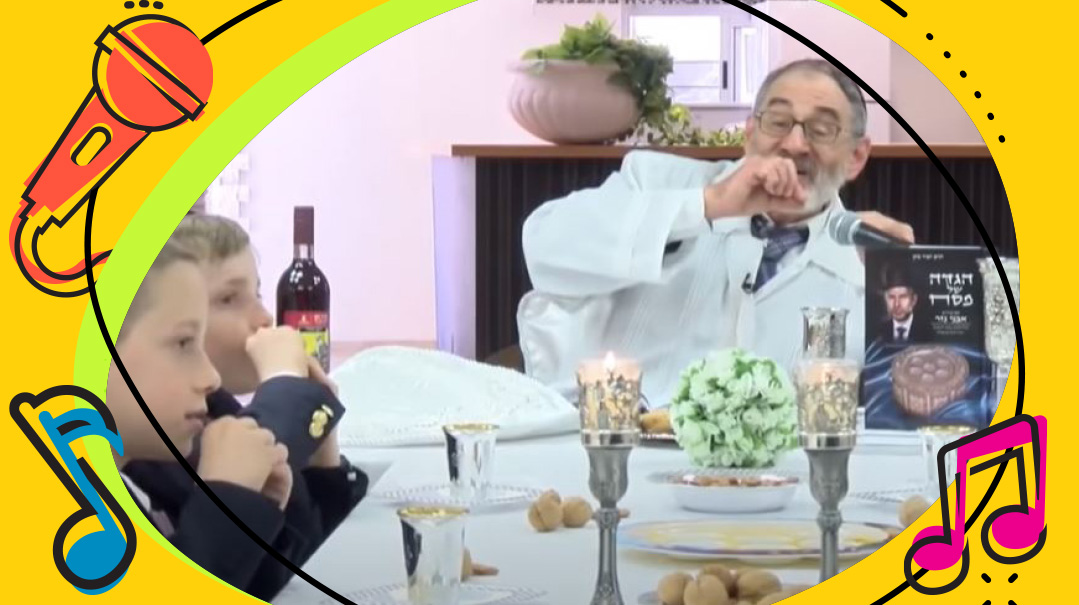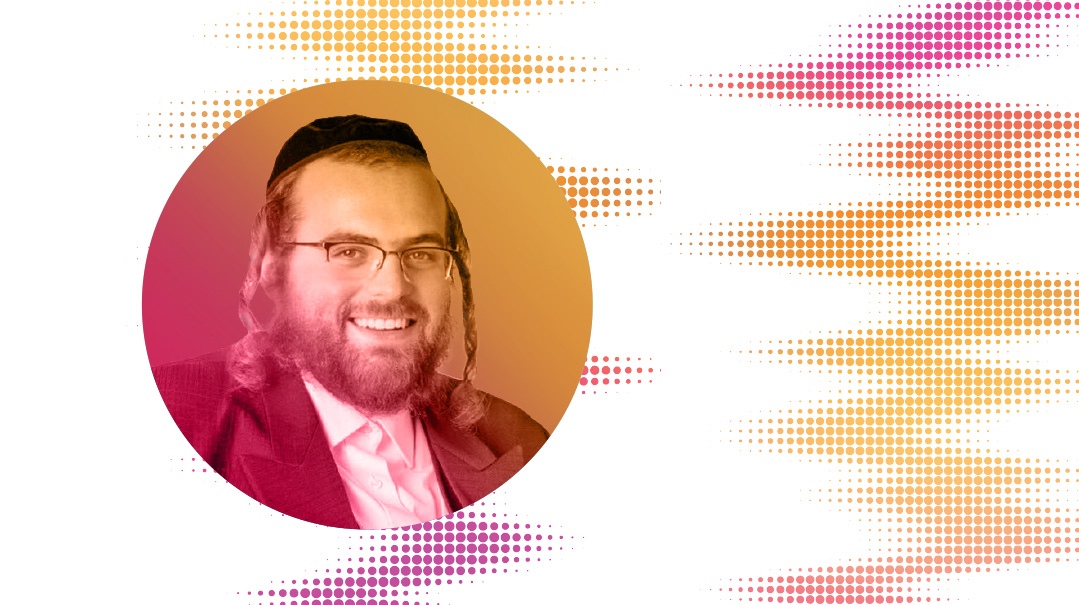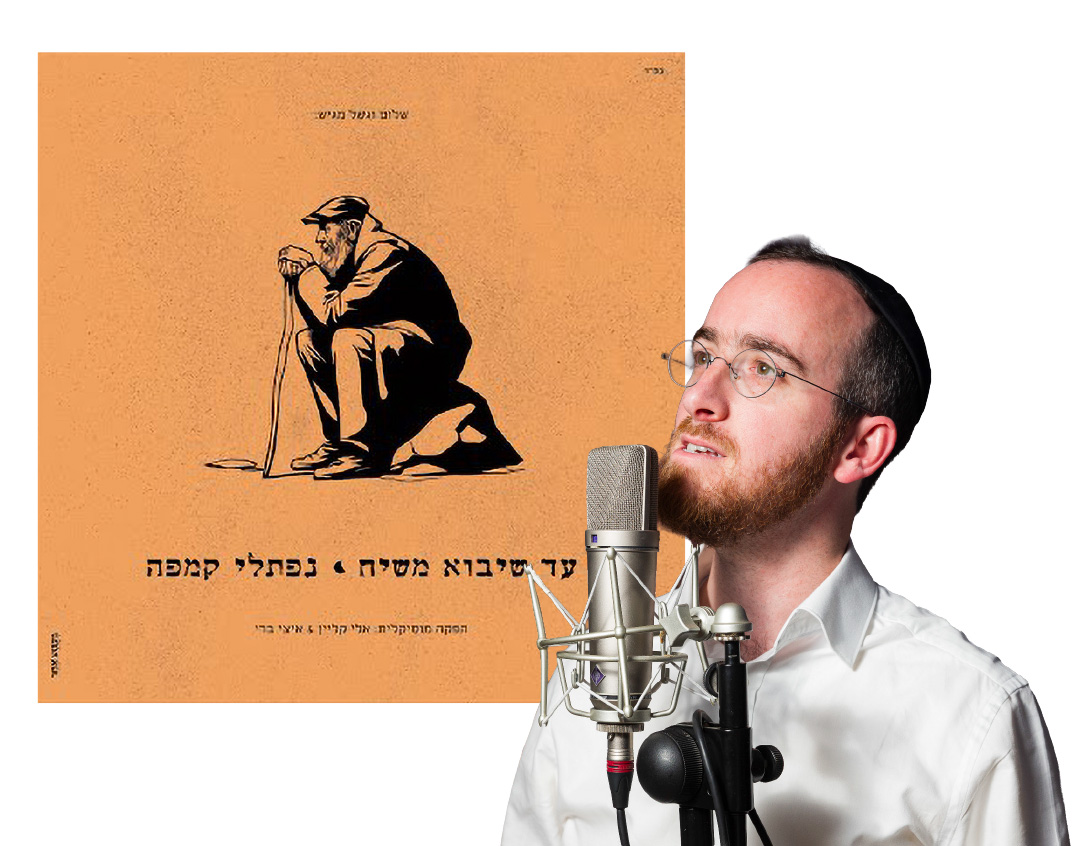Soundtrack of Our Childhood: Rebbe Alter Album Series
| October 6, 2022The backstories of those favorite albums that still frame our memories

“No one forgets the songs they sang as kids”
Rebbe Alter album series
RABBI ALTER YACHNES shares the backstory
HOW THE ORIGINAL CONCEPT DEVELOPED
As a cheder rebbi in Talmud Torah Hamesorah, I realized that songs are a magnetic teaching tool: Not only do the children learn quickly and pleasantly, but they also retain the content. I created songs in order for the students to remember information, such as the names of the parshiyos, the Shivas Haminim, the names of the shevatim and the months, and soon I had the boys’ parents asking me to send a recording home so they could keep up. I would sit down with eight tape recorders, count to three, push eight buttons, and then sing the songs we sang in class, accompanying myself on guitar.
At some point, it dawned on me that there was a simpler way. I played and sang into just one cassette and took it to the Gal-Paz music store on Rechov Malchei Yisrael, asking Chaim Zilber a”h, the owner, to make me a dozen copies on his machine. He was curious about what the tape was, and when I told him, he said “Let’s do something professional in the studio.” Jeff Horvitz ran the studio and arranged the music, and Pirchei Purim in Hebrew was the first album, in 1985. When it went over well, Gal-Paz asked me to do more albums.
Summers, looking for a bit of peace and quiet after an intense year of teaching, I often found myself sitting by the sea in Kiryat Sanz, Netanya, relaxing with my pen and notebook. At times it was just me and the lifeguard. Sitting there, I wrote more songs, like “In the Month of Elul,” “Mashiv Haruach Umorid Hageshem,” and “Pharaoh in Pajamas in the Middle of the Night,” which went on the Ma’agal Hashanah / Around the Year album.
The first albums were in Hebrew, until it struck me that I could do this in my native tongue. After that, my method was to write the songs in both Hebrew and English. Whichever version came out best, I then translated into the other language. The series developed slowly but surely. In those days there wasn’t much advertising, and no frum radio to promote new music. Most of our publicity was only word of mouth.
WHAT I’D DO DIFFERENTLY TODAY
Maybe I’d slow down some of the songs, so that the words would be even clearer. By the way, I’m still performing, and can be seen/heard on Torah Anytime.
A FUNNY STUDIO MOMENT
We were in the studio working on the Chanukah tape, and the kids in the choir were having a hard time reaching the high notes to the last line of the final song, which went “We hope that someday we will be talmidei chachamim.” They had to sing the line over dozens of times until they got it. When we finally left the studio, the secular guys waiting outside to record their own project were all singing this line that they’d heard over and over — “We hope that someday we will be talmidei chachamim.” Who knows? Maybe it came true.
MY MOST MEANINGFUL FEEDBACK
Once when I was in Miami, a man came over to me and told me his grandmother was a Holocaust survivor who unfortunately didn’t remain religious after all her suffering during the war. In her old age, she lived with one of her children, who’d become frum. One day, when the grandchildren were listening to Ring around the Year, she heard the words from the Tishrei song, “Hashem, won’t you please forgive me, if I did not act properly...” and asked them to write it down for her on a piece of paper. When she passed away, they found that paper in her room on top of her jewelry box.
Also, I heard from someone who was sitting in a shiur in a Bnei Brak yeshivah, but it was a complex topic and slow and heavy going, and the rosh yeshivah felt it was getting too intense for the boys, so he began to sing, from the Hebrew, the words, “Harbei ananim bashamayim... Mashiv haruach u’morid hageshem.”
THE MOST MEMORABLE LINE
It’s a machlokes between “Mashiv Haruach,” which became very popular because of the excitement surrounding the first rains in Eretz Yisrael, and “Pharaoh in Pajamas,” which for some reason became iconic.
THE BEST GUEST PERFORMER
My son Shalom is the soloist in the dreidel song. It was the last day we could record, right before Chanukah. Shalom was just ten, and he had to sing it all in one take, which he did beautifully.
SURPRISES ALONG THE WAY
I’ve even been given the mic at weddings to sing these songs, and although they were never intended for simchas chassan v’kallah, everyone has fun. We’ve even done my Chanukah question and answer song (to the tune of “Avraham Yagel”) at weddings with me singing the question and all the bochurim answering back. No one forgets the songs they sang as kids.
WHAT I WISH I COULD CHANGE OR TAKE BACK
On Ring around the Year, the Shavuos song is about bringing bikkurim. To this day, I regret it, because I feel that I should really have done a song about kabbalas haTorah. I’m hoping that I’ll still get a chance to correct this by putting out another version.
(Originally featured in Mishpacha, Issue 931)
Oops! We could not locate your form.






